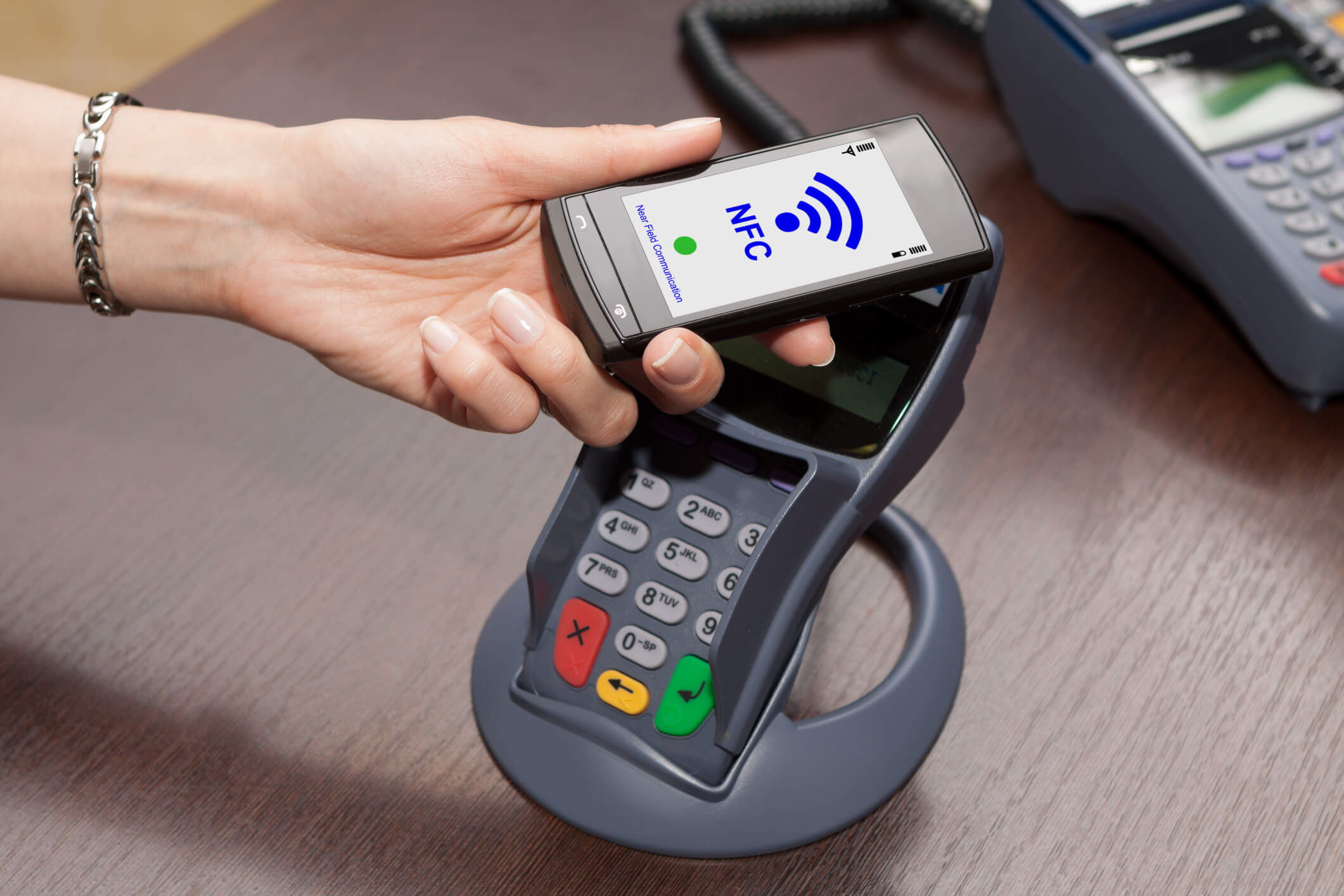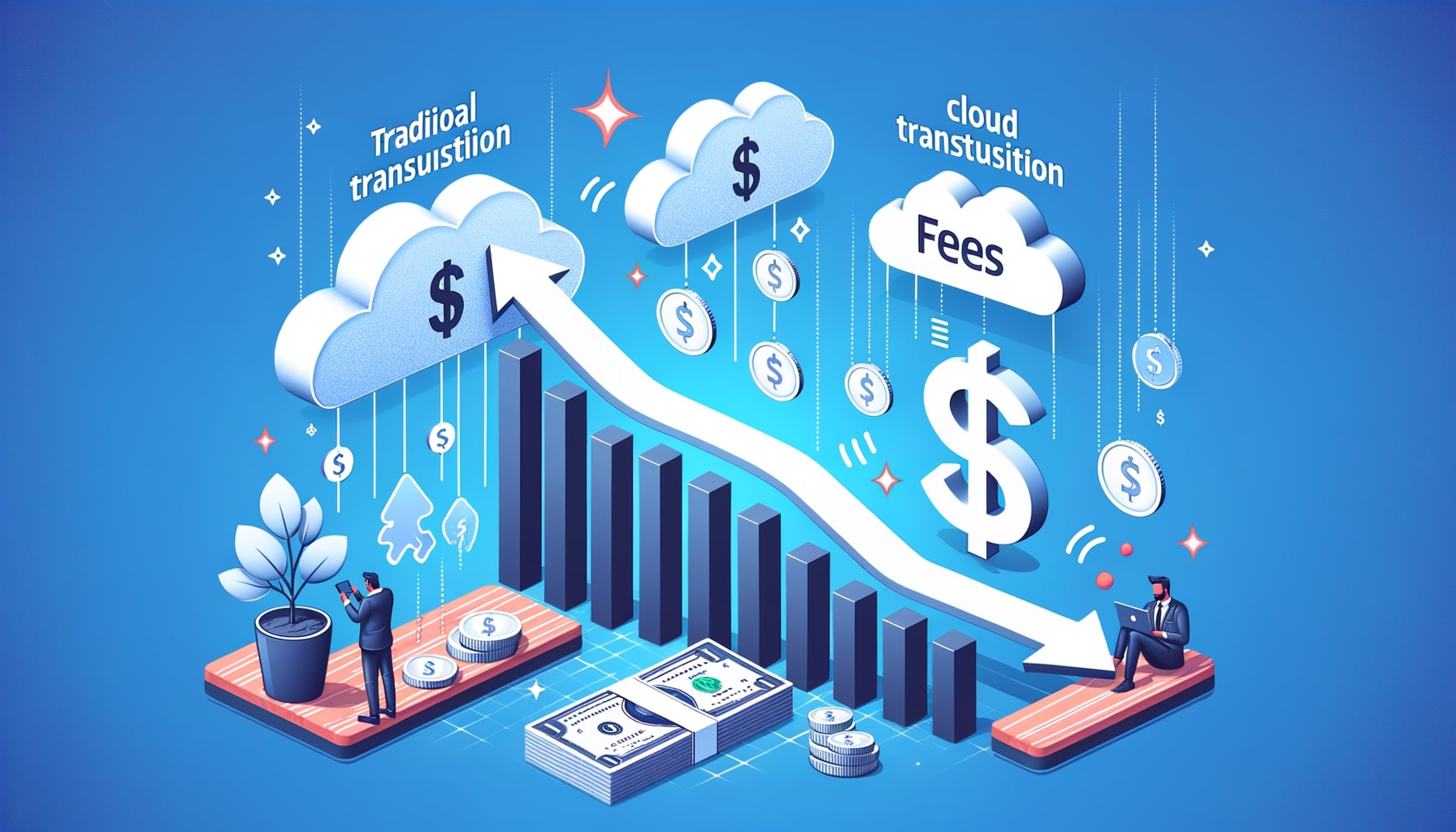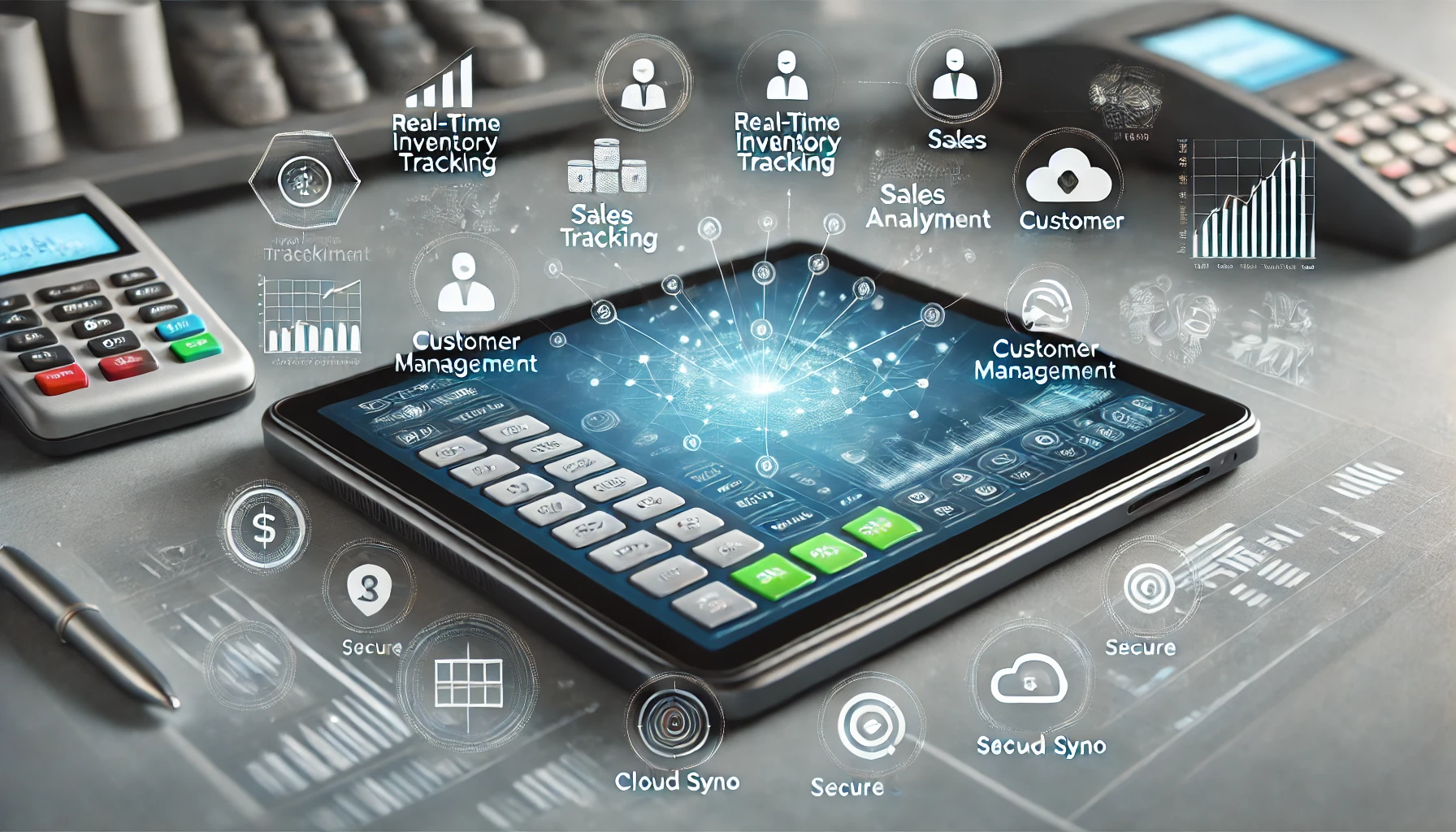Mobile Payments in the Cloud
Mobile payments have become increasingly popular in recent years, revolutionizing the way we pay for goods and services. With the advent of cloud technology, mobile payments have taken on a whole new level of convenience and accessibility. Mobile payments in the cloud refer to the use of cloud-based platforms to facilitate transactions through mobile devices.
This article will explore the various aspects of mobile payments in the cloud, including the integration of mobile wallets with cloud payment systems, the role of NFC technology, the rise of cloud-based payment solutions, security enhancements, the impact of artificial intelligence, the transformation of the retail industry, future predictions and trends, and the challenges that need to be addressed.
Exploring the Benefits of Mobile Wallet Integration with Cloud Payment Systems

One of the key components of mobile payments in the cloud is the integration of mobile wallets with cloud payment systems. Mobile wallets, such as Apple Pay, Google Pay, and Samsung Pay, allow users to store their payment information securely on their mobile devices. By integrating these mobile wallets with cloud payment systems, users can make seamless and convenient transactions from anywhere, at any time.
The integration of mobile wallets with cloud payment systems offers several benefits. Firstly, it eliminates the need for physical cards or cash, making transactions faster and more efficient. Users can simply tap their mobile devices on a payment terminal to complete a transaction, without the hassle of searching for their wallet or counting out cash. This convenience is particularly appealing in situations where speed is crucial, such as during peak shopping periods or when making quick purchases on the go.
Secondly, mobile wallet integration with cloud payment systems provides users with a higher level of security. With traditional payment methods, there is always a risk of losing or having your card stolen. However, with mobile payments in the cloud, users can remotely disable their mobile wallets if their device is lost or stolen, ensuring that their payment information remains secure. Additionally, cloud payment systems employ advanced encryption and tokenization techniques to protect user data, further enhancing security.
Understanding NFC Technology: Enabling Seamless Mobile Payments in the Cloud

Near Field Communication (NFC) technology plays a crucial role in enabling seamless mobile payments in the cloud. NFC allows two devices to establish a wireless connection when they are in close proximity to each other. This technology is used in mobile devices to facilitate contactless payments, where users can simply tap their device on a payment terminal to complete a transaction.
NFC technology offers several advantages for mobile payments in the cloud. Firstly, it provides a fast and convenient way to make transactions. Users can simply tap their device on a payment terminal, eliminating the need to swipe a card or enter a PIN. This speed and convenience are particularly appealing in situations where time is of the essence, such as during rush hour or when making purchases in crowded environments.
Secondly, NFC technology is highly secure. The wireless connection established between the mobile device and the payment terminal is encrypted, ensuring that the payment information is transmitted securely. Additionally, NFC technology requires close proximity between the devices, reducing the risk of unauthorized access or interception of payment data. This level of security is crucial in building trust and confidence among users, encouraging widespread adoption of mobile payments in the cloud.
The Rise of Cloud-based Payment Solutions: A Game-changer for Businesses and Consumers
Cloud-based payment solutions have emerged as a game-changer for both businesses and consumers. These solutions leverage the power of cloud technology to provide a seamless and integrated payment experience. By storing payment information in the cloud, businesses can offer their customers a wide range of payment options and streamline the checkout process.
For businesses, cloud-based payment solutions offer several advantages. Firstly, they provide a centralized platform for managing payments. Instead of relying on multiple payment processors or systems, businesses can consolidate their payment operations in the cloud, simplifying the management and reconciliation of transactions. This centralized approach also allows businesses to access real-time data and analytics, enabling them to make informed decisions and optimize their payment processes.
Secondly, cloud-based payment solutions offer businesses the flexibility to accept a variety of payment methods. Whether it’s credit cards, mobile wallets, or alternative payment methods, businesses can easily integrate these options into their payment systems. This flexibility is crucial in meeting the diverse needs and preferences of customers, enhancing the overall customer experience and driving customer loyalty.
For consumers, cloud-based payment solutions offer a seamless and convenient payment experience. With their payment information securely stored in the cloud, consumers can make transactions with just a few taps on their mobile devices. This eliminates the need to carry physical cards or cash, making payments faster and more efficient. Additionally, cloud-based payment solutions often offer features such as loyalty programs and personalized offers, further enhancing the value proposition for consumers.
Enhancing Security in Mobile Payments: How Cloud-based Solutions Are Leading the Way

Security is a critical aspect of mobile payments, and cloud-based solutions are leading the way in enhancing security measures. Cloud-based payment systems employ advanced encryption and tokenization techniques to protect user data. Encryption ensures that payment information is transmitted securely between the mobile device and the cloud server, making it difficult for hackers to intercept or access the data. Tokenization replaces sensitive payment information with unique tokens, further reducing the risk of unauthorized access.
In addition to encryption and tokenization, cloud-based payment systems often incorporate multi-factor authentication methods to verify the identity of users. This may include biometric authentication, such as fingerprint or facial recognition, or the use of one-time passwords sent to the user’s mobile device. These additional layers of security provide an extra level of protection against unauthorized access and fraudulent transactions.
Furthermore, cloud-based payment systems offer the advantage of remote device management. If a user’s mobile device is lost or stolen, they can remotely disable their mobile wallet through the cloud platform. This prevents unauthorized access to the payment information and ensures that the user’s financial data remains secure. This feature provides peace of mind for users and encourages the adoption of mobile payments in the cloud.
The Role of Artificial Intelligence in Cloud-based Mobile Payments: Unlocking New Possibilities

Artificial Intelligence (AI) is playing an increasingly important role in cloud-based mobile payments, unlocking new possibilities for businesses and consumers. AI algorithms can analyze vast amounts of data in real-time, enabling businesses to gain valuable insights into customer behavior and preferences. This data can be used to personalize the payment experience, offer targeted promotions, and improve customer engagement.
AI-powered chatbots are also being used in cloud-based mobile payment systems to provide customer support and assistance. These chatbots can handle a wide range of customer inquiries, such as checking account balances, making payments, or resolving payment disputes. By automating these tasks, businesses can provide round-the-clock support and improve customer satisfaction.
Furthermore, AI algorithms can detect and prevent fraudulent transactions in real-time. By analyzing patterns and anomalies in transaction data, AI can identify suspicious activities and trigger alerts or block transactions. This proactive approach to fraud prevention helps businesses minimize financial losses and protect their customers’ payment information.
Mobile Payments in the Cloud: Transforming the Retail Industry and Beyond
Mobile payments in the cloud are transforming the retail industry and beyond, offering new opportunities for businesses and consumers alike. In the retail industry, cloud-based mobile payments enable businesses to offer a seamless and personalized shopping experience. By integrating mobile payments with customer loyalty programs, businesses can reward their customers for their purchases and encourage repeat business. This integration also allows businesses to track customer preferences and purchase history, enabling them to offer personalized recommendations and targeted promotions.
Cloud-based mobile payments also have the potential to transform other industries, such as transportation and hospitality. In the transportation industry, mobile payments in the cloud can streamline the ticketing process, allowing passengers to purchase tickets and access transportation services through their mobile devices. This eliminates the need for physical tickets and reduces the risk of fraud or lost tickets. Similarly, in the hospitality industry, cloud-based mobile payments can simplify the check-in and check-out process, allowing guests to make payments and access their rooms using their mobile devices.
The Future of Mobile Payments: Predictions and Trends in Cloud-based Solutions
The future of mobile payments in the cloud looks promising, with several predictions and trends emerging in the industry. One of the key trends is the integration of mobile payments with other emerging technologies, such as Internet of Things (IoT) devices and wearables. This integration will enable users to make payments through a wide range of connected devices, further enhancing convenience and accessibility.
Another trend is the rise of peer-to-peer (P2P) mobile payments. P2P payments allow users to transfer money to friends, family, or businesses directly from their mobile devices. This eliminates the need for cash or checks and provides a convenient way to split bills or make small payments. P2P mobile payments are expected to continue growing in popularity, driven by the increasing adoption of mobile wallets and the convenience they offer.
Furthermore, the use of blockchain technology in mobile payments is gaining traction. Blockchain provides a decentralized and secure platform for recording and verifying transactions. By leveraging blockchain technology, mobile payments in the cloud can offer enhanced security, transparency, and efficiency. This technology has the potential to disrupt traditional payment systems and enable new business models in the mobile payment industry.
Overcoming Challenges in Mobile Payments: Addressing Privacy and Regulatory Concerns
While mobile payments in the cloud offer numerous benefits, there are also challenges that need to be addressed, particularly in terms of privacy and regulatory concerns. Privacy is a major concern for users, as mobile payments involve the collection and storage of personal and financial data. It is crucial for businesses to implement robust privacy policies and security measures to protect user data and gain the trust of their customers.
Regulatory concerns also pose challenges for mobile payments in the cloud. Different countries have different regulations and standards for mobile payments, making it difficult for businesses to operate across borders. It is important for businesses to stay updated with the latest regulations and ensure compliance to avoid legal issues and penalties. Additionally, collaboration between industry stakeholders, regulators, and policymakers is essential to establish a framework that promotes innovation while protecting consumer rights.
FAQ’s
1. What are mobile payments in the cloud?
Mobile payments in the cloud refer to transactions that use cloud-based platforms to process payments through mobile devices. This technology allows users to make payments for goods and services directly from their mobile devices, leveraging cloud storage for enhanced convenience and security.
2. How do mobile wallets integrate with cloud payment systems?
Mobile wallets like Apple Pay, Google Pay, and Samsung Pay store payment information on mobile devices and integrate with cloud payment systems to enable seamless transactions. This integration allows for convenient, secure, and fast payments without the need for physical cards or cash.
3. What role does NFC technology play in mobile payments?
Near Field Communication (NFC) technology enables wireless connections between mobile devices and payment terminals for contactless payments. It allows users to make secure and quick transactions by simply tapping their device on a payment terminal.
4. Why are cloud-based payment solutions considered a game-changer?
Cloud-based payment solutions centralize payment operations, streamline the checkout process, and offer real-time data analytics. They provide businesses with flexibility in accepting various payment methods and enhance the customer payment experience with added security and convenience.
5. How do cloud-based payment solutions enhance security?
They employ encryption, tokenization, and multi-factor authentication to protect user data and transactions. These measures ensure that payment information is securely transmitted and stored, minimizing the risk of fraud and unauthorized access.
6. What is the impact of artificial intelligence on mobile payments?
Artificial Intelligence (AI) analyzes transaction data for insights, enhances customer support with chatbots, and prevents fraud by detecting suspicious activities. AI improves the personalization of payment experiences and the efficiency of fraud detection mechanisms.
7. How are mobile payments transforming the retail industry?
Mobile payments integrate with loyalty programs and provide personalized shopping experiences. They allow retailers to track customer preferences, offer targeted promotions, and streamline transactions, thereby enhancing customer loyalty and satisfaction.
Conclusion
Mobile payments in the cloud have revolutionized the way we pay for goods and services, offering a seamless and convenient payment experience. The integration of mobile wallets with cloud payment systems, the use of NFC technology, the rise of cloud-based payment solutions, security enhancements, the role of artificial intelligence, and the transformation of the retail industry are all contributing to the growth and adoption of mobile payments in the cloud.
While there are challenges to overcome, such as privacy and regulatory concerns, the future of mobile payments in the cloud looks promising. With the integration of emerging technologies, the rise of P2P payments, the use of blockchain technology, and the collaboration between industry stakeholders and regulators, mobile payments in the cloud will continue to evolve and shape the way we pay in the future. Embracing the power of mobile payments in the cloud will lead to a seamless and convenient future for businesses and consumers alike.










